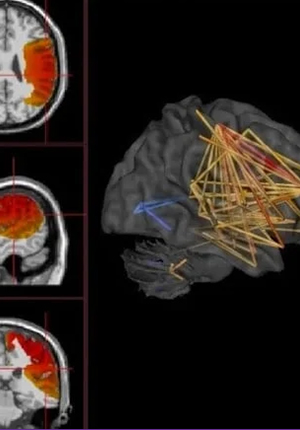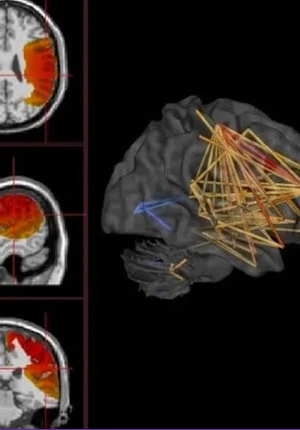A concussion is a mild traumatic brain injury caused by a blow to the head or abrupt bodily movement (direct impact on the head or loss of consciousness is not necessary). However, the word mild is NOT a reflection of a severe impairment. Common causes include traffic accidents, falls, and sports injuries. Symptoms include headaches, fatigue, trouble with balance and coordination, poor eyesight, memory problems, anxiety, sadness, and mood changes. In most cases, MRIs and CT scans often show no indication of a concussion.

If you have these symptoms, you should see a Neurologist. Until recently, most concussions could not be objectively demonstrated. Now, a new frontier has opened up. We provide advanced neurological testing for objectively diagnosing and assessing a concussion. Several tests allow neurologists and therapists to visualize the injury and help in the detection of brain damage.
It also allows attorneys and disability assessment experts to determine the biological foundation of subjective complaints. The objective testing includes the following assessments:
- Oculomotor system assessment using videonystagmography (VNG)
- Posturography for coordination and balance
- Memory and neurocognitive evaluation (attention, problem-solving skills, others).
- Neuroimaging using EEG
- Advanced imaging techniques such as DTI or SPECT scans
When these tests are performed together, they provide neurologists and rehabilitation experts with an objective diagnosis of the underlying etiology of the symptoms. This also allows neurologists to make an accurate diagnosis and develop an effective rehabilitation strategy for the patient.

